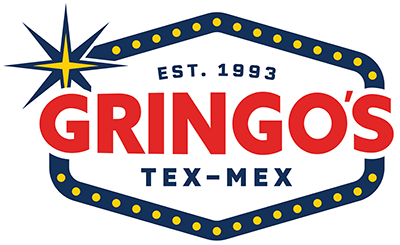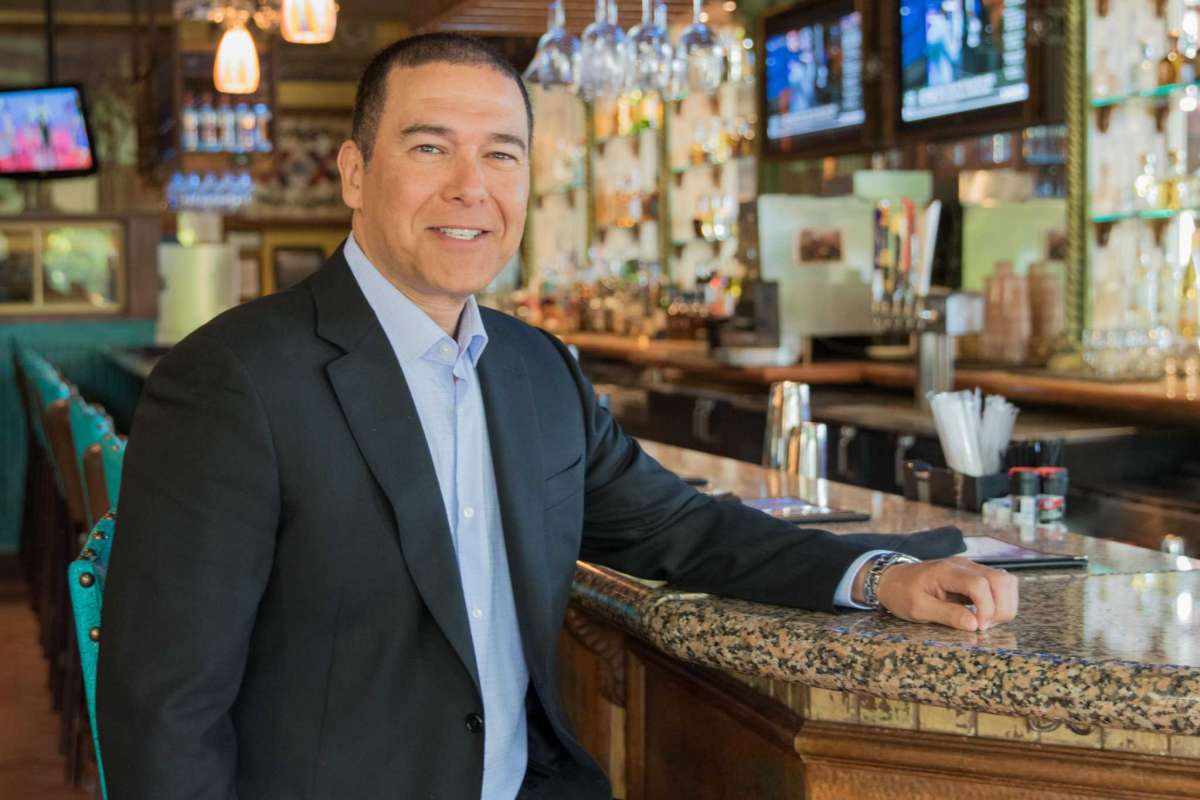Gringo’s Success Comes From Taking Care of Workers
Russell Ybarra likes to brag about his MBA, only his stands for Mop and Bucket Attendant. He earned it at his dad’s La Porte restaurant, El Toro.
Sitting today in the headquarters of his restaurant empire, called the Tex-Mex Institute, Ybarra recalls some not-so-pleasant memories from when he first tried to prove himself. He struggled with his first food business, made some poor decision and focused on the wrong priorities.
“I got married at 18, I had two kids by the time I was 25, I lost a house to foreclosure when I was 26, and I returned a vehicle because I could no longer afford the $420.91 payment. You always remember the hard numbers,” he told me. “Whenever I focused on making money, I didn’t make any money.”
Ybarra looked again at how his father operated El Toro. Ybarra had worked full time there after graduating high school, and he remembered how his father spent profits to help build a church, sponsor a little league and care for employees.
When Ybarra tried again to open a restaurant in 1993, he had a whole new plan. “I was no longer going to focus on making money. I was going to focus on producing the absolute best product that I could and offer it at the absolute best value that I could,” he said.
Fabulous Gringo’s Tex-Mex has since grown into a chain of 19 family restaurants with annual revenue of $110 million and 2,500 employees.
Ybarra still credits quality, service and price as keys to his success, but he recognizes none of those are possible without good employees. Skilled workers — and as someone who has worked in restaurants, believe me, these jobs require skills — are hard to find in today’s tight labor market.
“It’s almost too competitive right now,” Ybarra said. “Our management team spends a lot of time interviewing, hiring and training and, we’re trying to reduce that the best way we can.”
Ybarra’s restaurants, which include Jimmy Changas, The Lunch Box and Burger Libre, offer full-time jobs with health insurance, retirement plans and bonuses, even for hourly workers. Everyone makes well above minimum wage, and managers focus on retention by developing a culture based on loyalty. “Had you told me when I opened this restaurant in ’93 that one day I’d pay for funerals, pay for vehicles, pay for houses and surgeries, I would never have believed you,” Ybarra said. “At the core of it, it’s about our people, which we consider our first stakeholders.”
Read the full article here.




